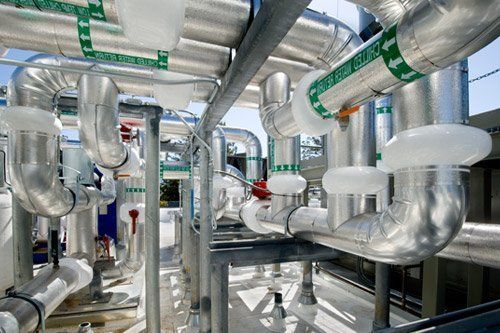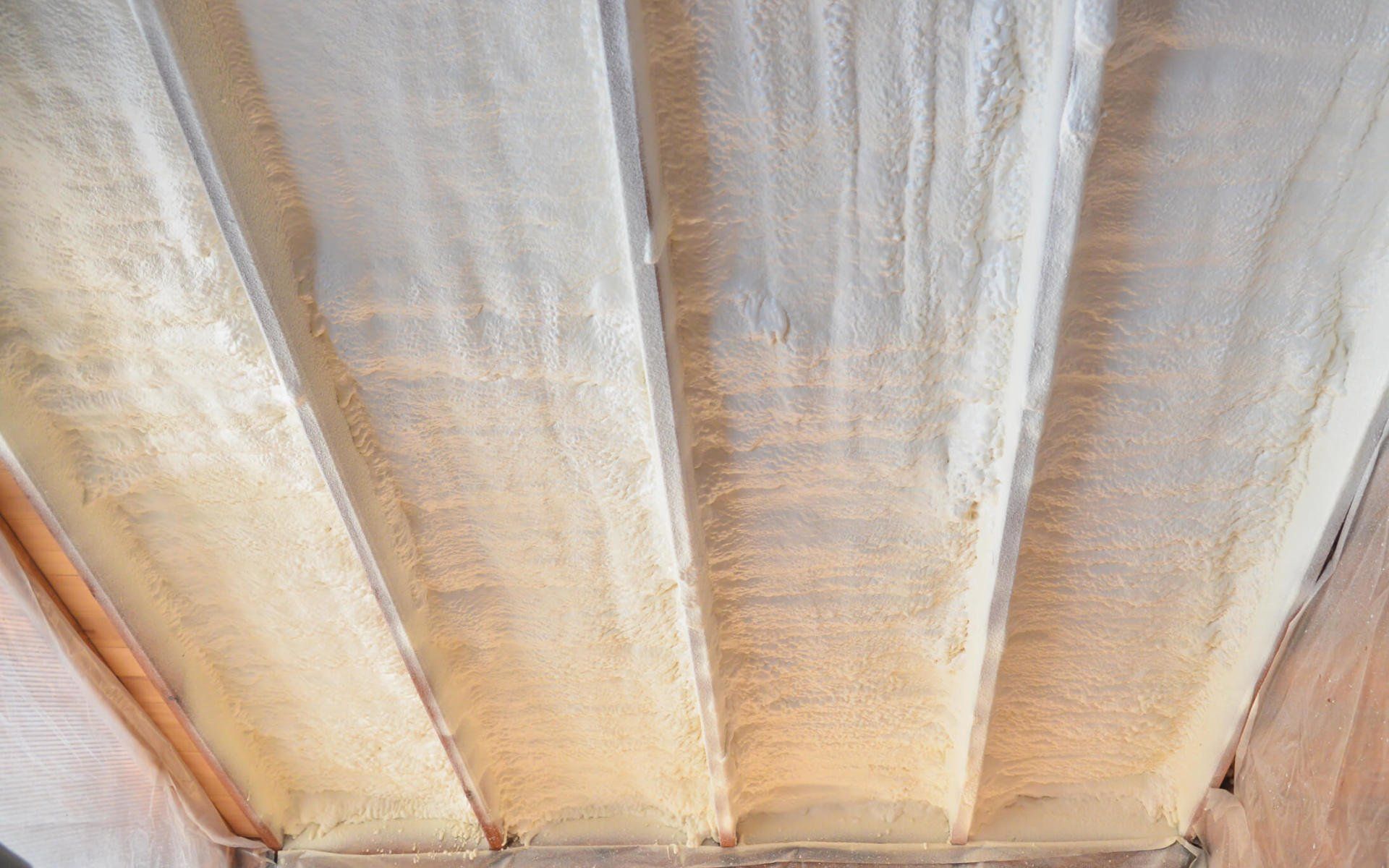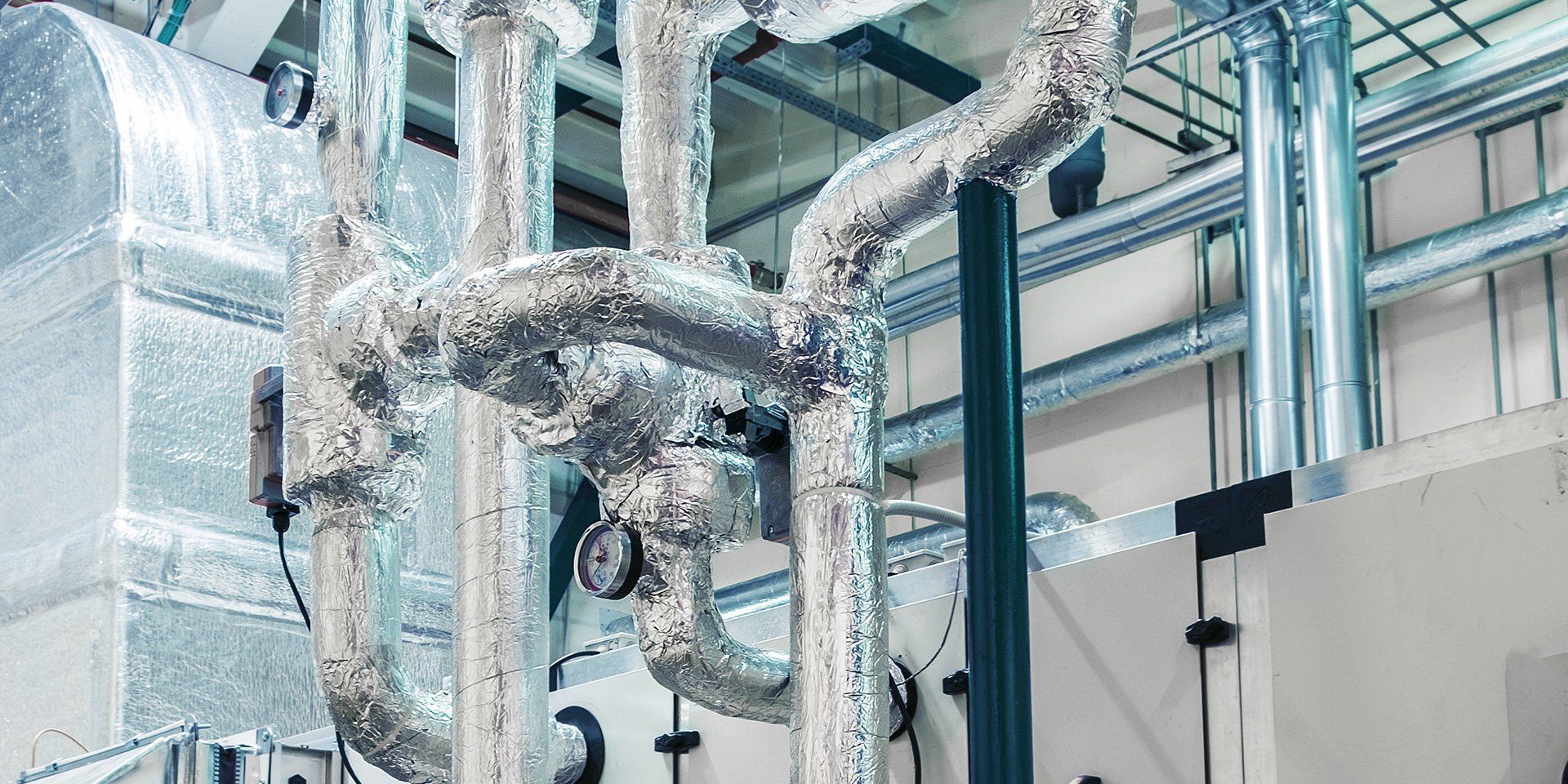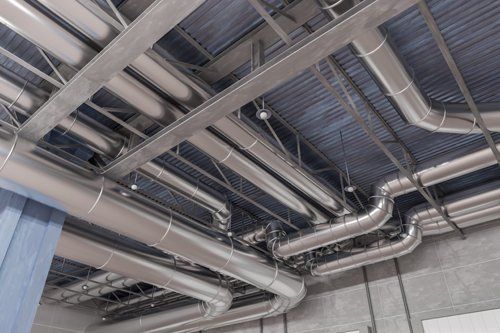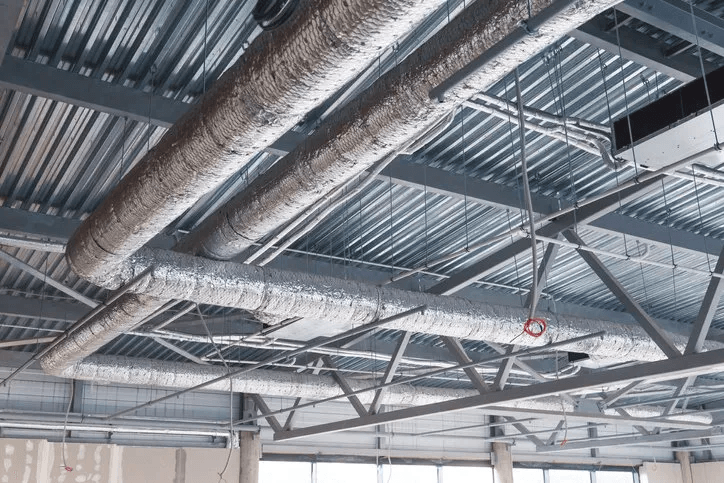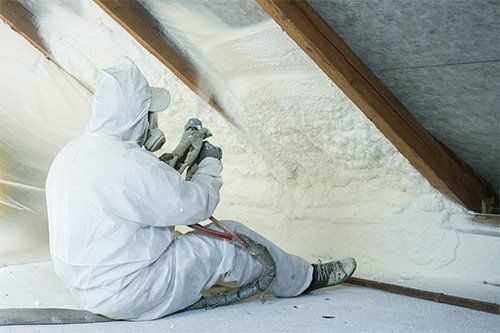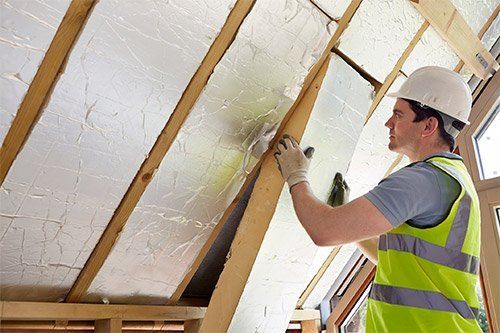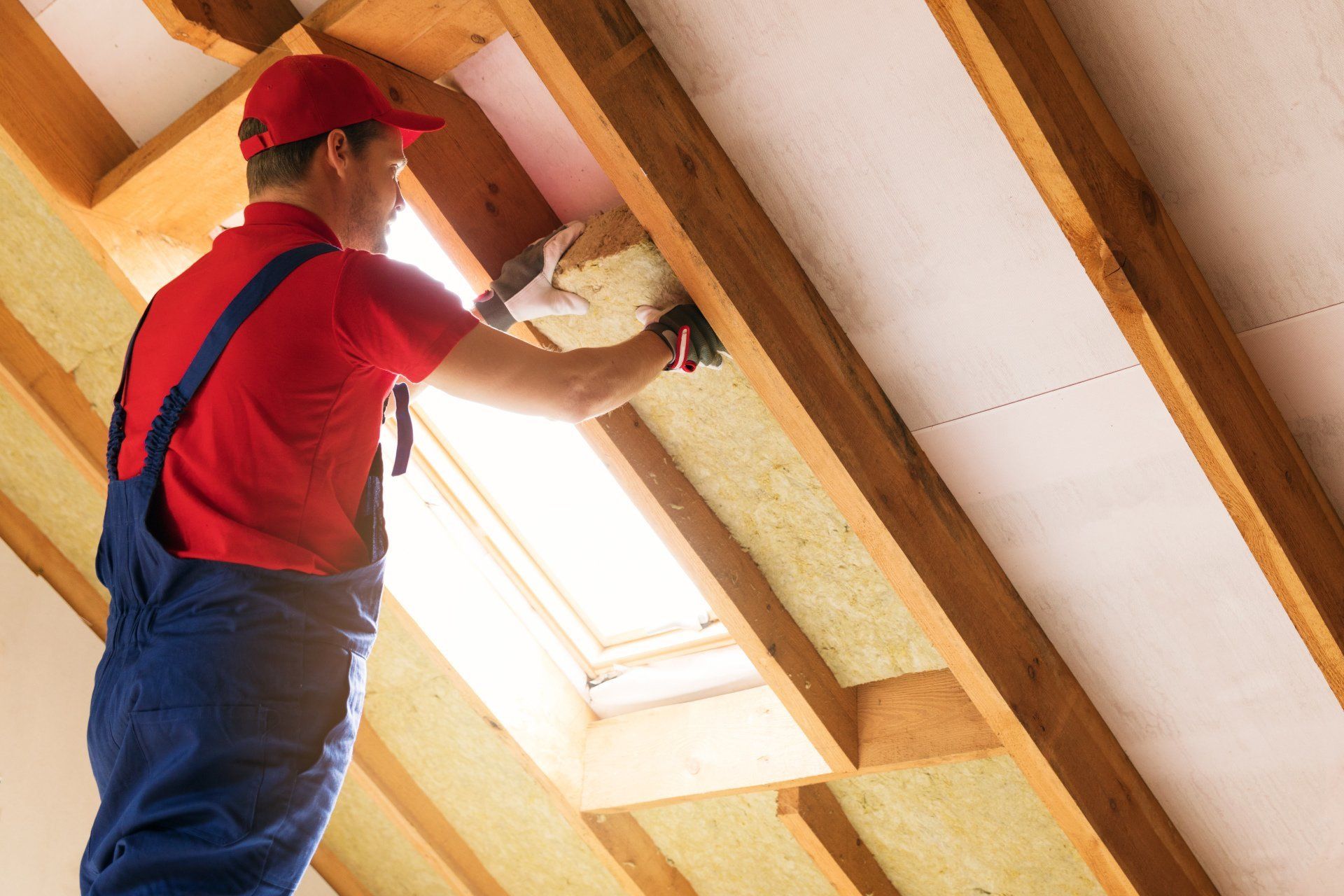4 Reasons to Install Plumbing Insulation
Insulation has many uses both for commercial facilities and for residential buildings, and protecting your pipes is one of these uses. Many people don't realize how helpful pipe insulation can be, and yet it actually offers a whole spectrum of benefits for both hot-water and cold-water pipes. Here are four reasons to consider installing plumbing insulation on the pipes in your home.
1. Reduce Drips From Condensation
Nobody wants a leaky roof, and a dripping ceiling is just as bad. If your pipes are running along the basement ceiling, the difference in temperature between the cold-water pipes and the surrounding air can cause condensation to drip down on whatever you keep in your basement.
Plumbing insulation can help prevent this by reducing the sharp contrast in temperature. The insulation holds the cold-water pipe's coolness in, so it doesn't come into contact with the warmer air and pull the moisture out of it. And because the outside of the insulation isn't as cold as the pipe's surface (the temperature changes gradually throughout the layer of insulation), you're less likely to get water condensing on the surface of the insulation itself.
2. Prevent Freezing and Bursting in Winter
Any pipes that could be exposed to freezing temperatures during a cold snap in wintertime should be insulated so you won't have messy leaks, expensive repairs and extensive water damage to deal with.
Don't just consider whether the pipes could freeze during a normal year, though; if the winter temperatures have been about average for the past few winters, you could be due for a record-breaking (or nearly record-breaking) cold snap this winter. When it comes to protecting your plumbing, it’s better to be safe than sorry.
3. Comply With Building Codes
Many local governments across America now use the International Energy Conservation Code, which requires plumbing insulation in certain instances. For example, although insulation may not be required on all pipes in your home, you may be required to insulate the pipe between your water heater and your kitchen faucet if this code is used in your area.
If your current system doesn't have the insulation required by applicable codes, that doesn't mean your home isn't legal. However, it does mean that if you're planning on a renovation or remodel you'll need to factor in some upgrades, such as getting your pipes insulated.
4. Solve a Heat-Loss Problem
If you have an old plumbing system, lots of hot-water pipes going through an unheated basement, or just a really enormous house, you could lose quite a bit of heat from your pipes between the water heater and the faucet. This is especially true if you have metal pipes since metal conducts thermal energy very efficiently, meaning it can lose heat from your pipes very fast.
Insulation will help reduce this heat loss by holding the heat around the pipes, making it harder for the metal to transfer that energy out into the unheated basement. Thus, insulated pipes can help you avoid wasting money by putting heat into your water that's just going to escape into your unheated basement instead of being useful.
As you can see, having your pipes fitted with insulation comes with many benefits. Not only can plumbing insulation help improve your overall living situation but if you're doing a renovation, you may be required by building codes to have some insulation installed.
If you're looking for just enough pipe insulation to bring your home up to code or if you're looking for all the benefits that insulated hot- and cold-water pipes can bring you, contact us today for a free estimate!

